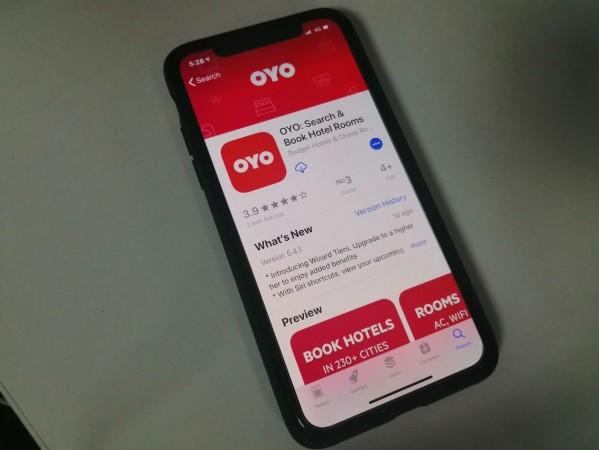
Oyo is segregating its hotel business to three major verticals focusing on India, international and technology and brand licensing. The Indian hospitality company is trying to attract investors for each business vertical by simplifying the operations.
The segregation will allow the company to have a sharper outlook with specific job resolutions in their verticals and workspace. It will further improve the company's competitiveness. The Indian hotel business will get the profit of maintaining its own unique and specific requirements, risks and investor profile; rather than following the international hotel's growth path.
As per the regulatory filings, there will be a handing and taking over of OYO in India from Oraval Stays, the parent company, to its subsidiary Alcott Town Planners. The subsidiary company will give an advantage of managing the Indian hotel business that has recently stepped into verticals such as co-working and event management. On the other hand, Oraval Stays will be handling the technology business from Singapore. The regulatory filing also states that the shareholders of Oyo will be given equal shares in the company.

The Indian business vertical has been growing after the appointment of Aditya Ghosh, the former Indigo president, as the CEO. However, the company is not making profits globally; it is piling up losses and heavy investments in China and the US, reported Economic Times. A regulatory filing stated that about 60 per cent of the fund raised in 2018 went as an investment to expand the business in China.
Oyo has been spreading its wings globally to spread its business. It announced the acquisition of an Amsterdam-based Rental Company named @Leisure Group for an all-cash deal of about $415 million. The company is seeing the involvement of Goldman Sachs' vice chairman Mark Schwartz as a representative of SoftBank into the company after facing severe losses in China and the US expansions.
At the same time, Ritesh Agarwal, the founder of Oyo Hotels and Home is planning to buy back shares from the early investors such as Sequoia Capital and Lightspeed Venture Partners to grip on to his company's ownership. The buyback will be helping the 26-year-old founder to have a hold of 30 per cent in the company's share from a mere 10 per cent. Agarwal has been trying his luck to arrange $2 billion in secured debt from financial institutions and banks in India and other investing countries like Japan and Europe.








